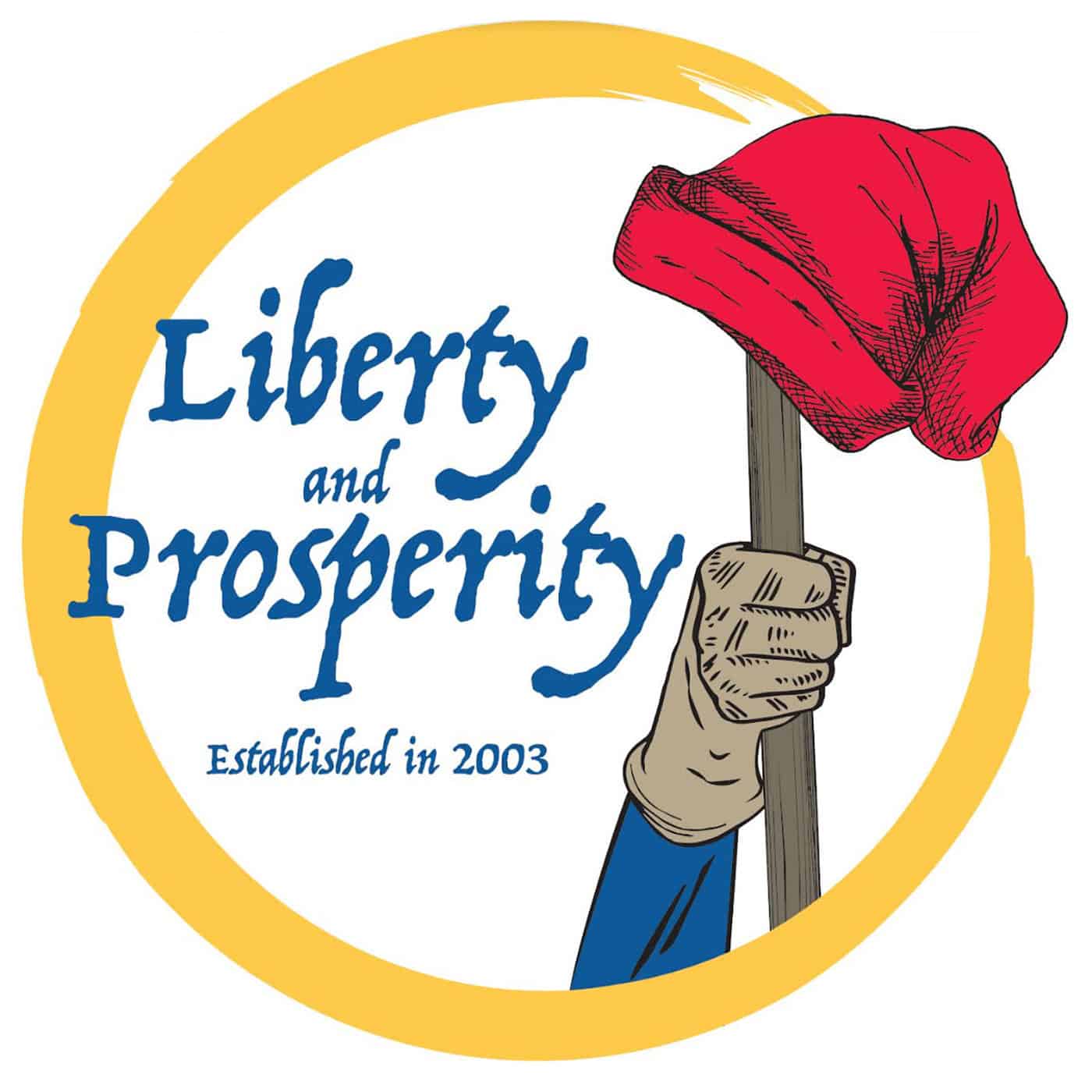The injunction to “reimagine” existing norms is a call to revolution of the most fundamental kind. It is an epistemological reset, affecting everything from how we create meaning and assign value to the way we govern and understand the past. To reimagine is to presuppose the chimerical nature of absolutes: good and bad, happiness and misery, freedom and tyranny — all open to (re)interpretation.
Those who would have us reimagine implicitly make the case for ontological relativism in rejecting the idea of objective, timeless truths. But that doesn’t keep them from making normative statements about the way things ought to be. What’s more, they wouldn’t leave us to just stew in relativist purgatory; they propose substituting new standards of their own imagining for the old and foisting them on everyone. So, it must be asked: who gets to do the reimagining, and by whose rubric are value judgements to be made?
But first, what is the purpose of absolutes anyway?
Like languages and currencies, absolutes are a medium of exchange that help us share ideas and value with each other. As social beings, we have much more in common than not with our neighbors, on whom we depend for survival. We are motivated by many of the same appetites and in general eschew behavior that would invite pain or destruction. This forms the basis of social compacts, laws, and notions of justice (i.e., norms), which are designed to preserve public order in the interest of the common weal.
Relativists argue that everyone intuits differently because we are all unique beings whose experiences are tinctured with our own subjectivity. Absolutes, in their view, are no more real than a minute or an hour; we just use them as a matter of quotidian convenience.
Whether we accept the inherent reality of absolutes, there seems to be broad agreement that they serve a practical purpose: to help us approximate commonality — however elusive or nonexistent objectivism is in the sensory world — through consensus building around norms. That is to say, absolutes serve a social function, and our belief or nonbelief in them should not preclude us from using them, their ontological weight notwithstanding. Without a common framework to understand our surroundings, we cannot cohabit — let alone interact in — the same society without it fragmenting.

However novel the call to reimagine, the idea of relativism — existential, moral, epistemological — is not new. It is echoed in the words of ancients like Protagoras, who famously said, “Of all things the measure is man: of those that are, that they are; and of those that are not, that they are not.” The idea gained greater prominence in the late nineteenth century with the spread of existentialism and nihilism after the industrial revolution, the advent of new technologies, and new modes of living radically reshaped society and, with it, people’s beliefs and values.
No doubt, consensus around meaning and truth shifts over time, but the change has been organic and gradual for most of human history. The tech boom and globalization have accelerated that process significantly. What is different about the call to reimagine norms is that it professes relativism yet demands the universal acceptance and adherence to a unique set of alternative values. It is reality by fiat, not by consensus.
And for that reason, it doesn’t have the same force of persuasion. We find ourselves in a world more divided than ever, in which we can no longer agree on the fundamental tenets of reality. But again, perhaps that’s the point.


I am so glad we have David Mineo to produce work of this quality.
Your conclusion “What is different about the call to reimagine norms is that it professes relativism yet demands the universal acceptance and adherence to a unique set of alternative values. It is reality by fiat, not by consensus.” is what many sense when confronted with college professors teaching social science. As one person I know put it in common sense terms, “First the professor tells us there is no right or wrong answer and then yells at us ‘No, that’s wrong!’ in a very angry tone”.
I look forward to more of your posts.
In the meantime, make a free account on https://reclaimthenews.com and check it out.